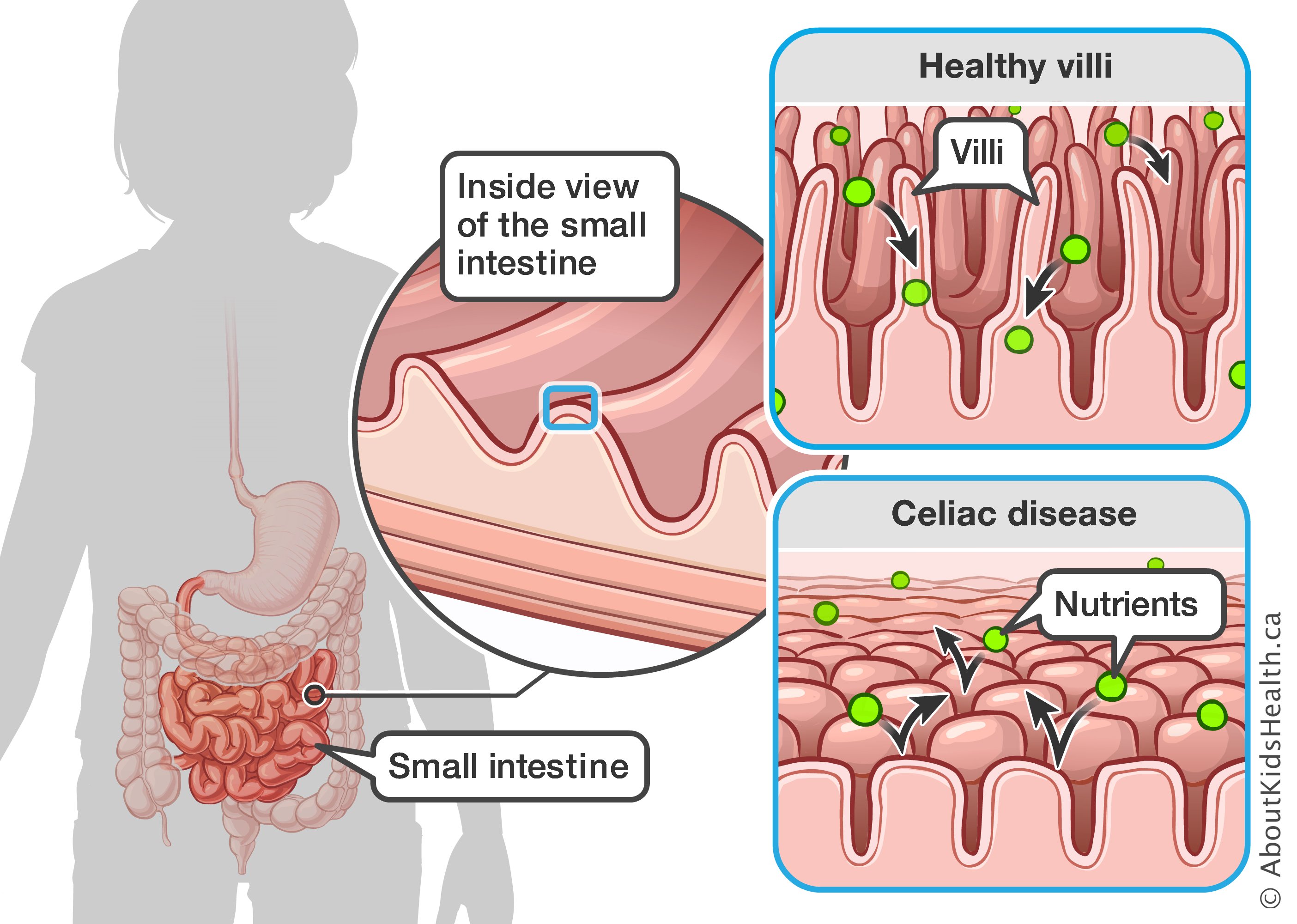As you get older, you may become curious about trying alcohol and cannabis (also known as marijuana, weed and pot). Before drinking alcohol or trying cannabis, it is important to understand the effects these substances can have on your body and how to lower the risk of harm.
This page will focus on what you need to know about alcohol and cannabis to manage celiac disease. To learn more about alcohol and the general short- and long-term effects on the body, please see the articles, Alcohol and Information about cannabis for recreational use.
Alcohol and celiac disease
If you do drink alcohol, it is important to know that some alcoholic beverages may contain gluten. For example, some beer is made with gluten-containing grains.
Always read labels of alcoholic drinks to check that they are gluten-free. Most distilled liquors, such as whiskey, gin, vodka and rum, do not contain gluten. Wine and ciders, which are made from fruits like grapes and apples, are also usually gluten-free.
Do not drink any alcoholic drinks that contain gluten ingredients like malt or brewer’s yeast. “Gluten-removed” alcohol is not safe for someone with celiac disease as it has been in contact with gluten.
What is the difference between “gluten-free” beer and “gluten-removed” beer?
Gluten-free beers use grains that are naturally free of gluten, like sorghum or brown rice, during the fermentation process. This means no gluten is found in the process of making the beer, from start to finish.
Gluten-removed beers are made by using gluten-containing grains like wheat, barley or rye. These beers go through a process that breaks down gluten into smaller pieces. Unfortunately, it is difficult to say how effective this process is at “removing” gluten. Some studies have found that there may be enough gluten left in gluten-removed beers to cause an immune reaction and symptoms.
Cannabis and celiac disease
It is important to know that cannabis in edible forms like candies, cookies or brownies may contain gluten. Like foods and beverages, edibles must include a list of ingredients, declare any food allergens present in the product or provide statements about the risk of cross-contact (cross-contamination), like a “may contain” statement. If you do consume edibles, read the ingredient list for potential sources of gluten.
People under the age of 25 are more likely to experience harm from alcohol and cannabis because their brains are still developing. The best way to protect your health is to not use alcohol or cannabis.
If you do drink alcohol or try cannabis, remember to be responsible and safe, and always read labels to confirm that these products are gluten-free.

